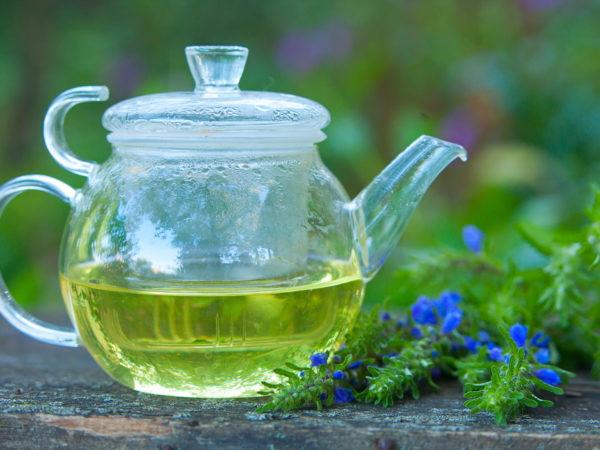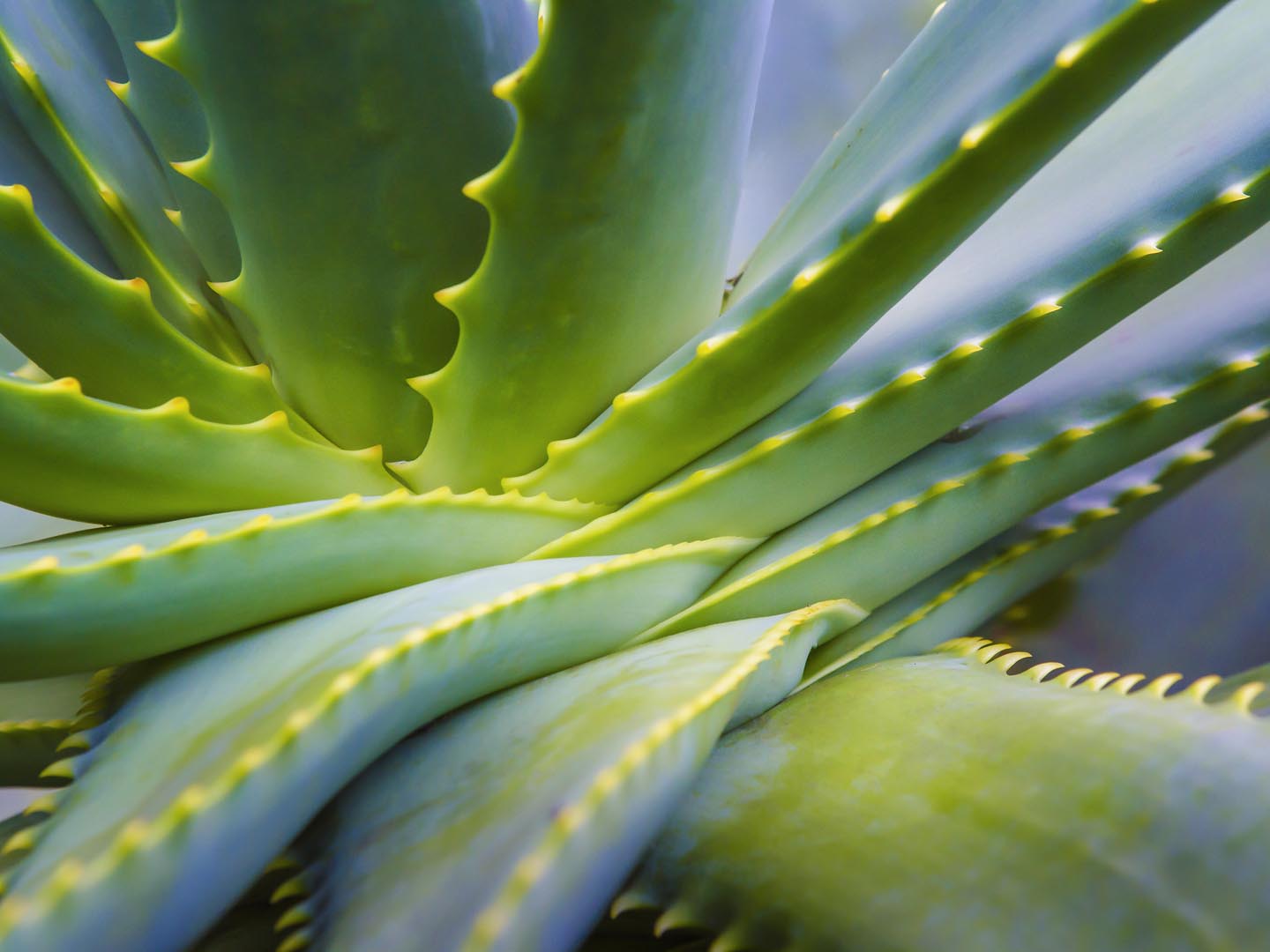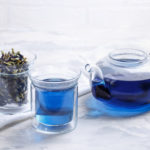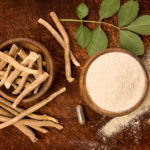Hyssop

Hyssopus officinalis
Hyssop is an herbaceous plant native to southern Europe and the Middle East that has been used as food, medicine and in spiritual rites since classical antiquity. The name hyssop is derived from the Greek word “azob,” which roughly translates as “holy herb.” It was often used in cleansing rituals, and to clean sacred places. Hyssop is a hardy evergreen shrub that is resistant to drought and adaptable to sandy, chalky soils. Its brightly colored flower tops are cultivated for medicinal use, and its leaves and oils have been utilized for their flavors and aroma.
Used for:
Hyssop has applications as a medicinal, culinary and aromatic herb. Traditionally, it was utilized in herbal medicine as an expectorant, to help relieve bloating and gas, and to aid digestion. Hyssop tea, brewed with the green tops of the herb, was a traditional remedy for upset stomach. It can be used orally to provide relief for respiratory problems, and can be found in some formulations of eye drops and mouthwash, where its antiseptic properties offer soothing relief. Other applications include adding to a bath to promote sweating and detoxification, and using topically to address burns, frostbite, bruises and skin irritations. In spite of its long traditional use, the Natural Medicines Comprehensive database has determined that there is insufficient evidence to rate the effectiveness of hyssop for any of these uses.
As a culinary herb it can flavor honey and liqueur, and can be used as an aromatic condiment for its minty aroma.
Available in:
Infusions (teas) or as dried herbs.
Herb / drug interactions:
Hyssop has not been studied to determine potential herb-drug interactions but appropriate caution is advised.
Other safety concerns:
Women who are pregnant should not use hyssop as it may cause contractions or start menstruation. Do not use hyssop essential oil without supervision as it contains thujone, which can be toxic in large amounts.
When buying:
Purchase from a high quality supplement company.
Dosage:
One to two grams, up to three times per day.
Child dosage:
Discuss with your health care provider before giving hyssop in a child.
Dr. Weil says:
A weak tea – made with just one or two grams of dried hyssop – can be useful for addressing stomach upset.
SOURCES:
Hyssop (Hyssopus officinalis) Health Canada. Updated August 19, 2009, accessed January 31, 2014 at http://webprod.hc-sc.gc.ca/nhpid-bdipsn/monoReq.do?id=120Hyssop. Botanical.com, accessed January 31, 2014 at http://www.botanical.com/botanical/mgmh/h/hyssop48.html
Hyssop. Natural Medicines Comprehensive Database Consumer version. Stockton, CA: Therapeutic Research Faculty, Updated December 12, 2012, accessed January 31, 2014 at http://naturaldatabaseconsumer.therapeuticresearch.com/nd/Search.aspx?cs=NONMP&s=NDC&pt=100&id=258&fs=NDC&searchid=44943684
Reviewed by Tieraona Low Dog, M.D., February 12th, 2014









